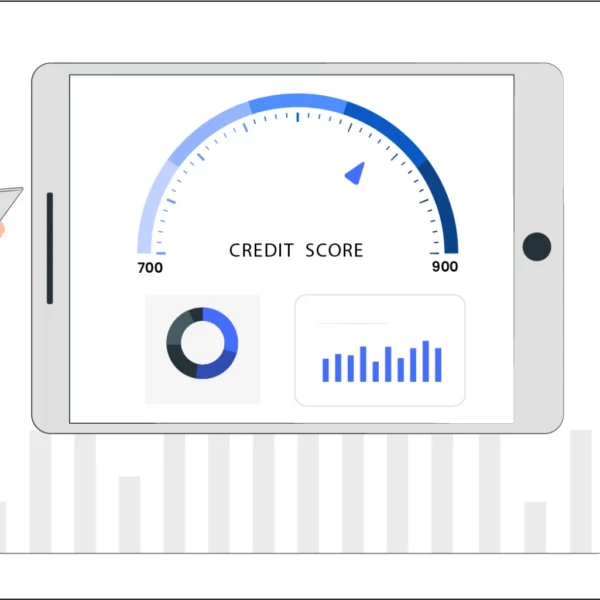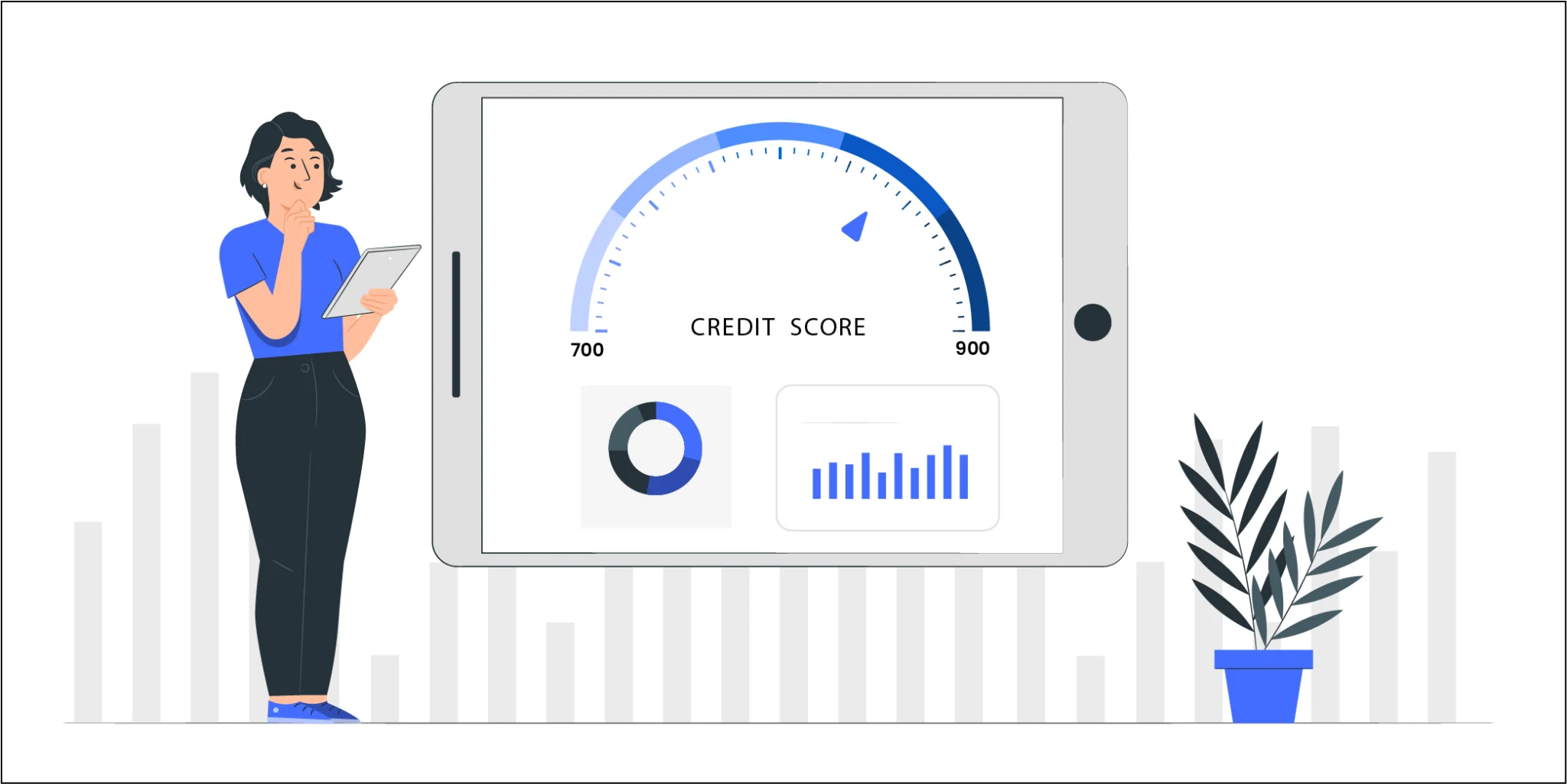The stock market crash might send a chill down your spine. So, we are here to tell you how you can deal with one.
What Is A Market Crash?
Even though there isn’t a particular number to indicate a market crash, the word is used when the indices continue to fall significantly for several days. To put this in context, the COVID-19 outbreak led to a huge market crash in global and Indian markets in 2020. Since the day the World Health Organization (WHO) declared the virus as a pandemic, the Sensex plunged from 42,273 points to 28,288 points within a week.
Market crashes are unpredictable, just like the pandemic. It is difficult to figure out when the market will be declining or rising. So, it is better to be prepared for these situations. In this blog, we will tell you how you can handle when the indices plunge sharply and how you can even take advantage of the situation.
What To Do?
Maybe, Do Nothing
If you have built a solid diversified investment portfolio and you feel that it can handle market crashes, then it is better for you to do absolutely nothing. When COVID-19 spread across the world, the Indian equity indices plunged considerably as mentioned above. Let’s say, you were spooked by the losses and wanted to get out. So, you sold most of your stocks and mutual funds. But the truth is, you would have made more money if you held on to your investments. How is that possible?
From March 2020 to December 2021, the Sensex jumped around 119%, which is the highest among countries with stock markets worth $1 trillion or more. If you sold during the crash, you would have missed out on the gains now.
No Panic Buying Either
Many say that the best time to buy high-value stocks is when the market is down. This makes sense because a stock that was worth ₹5,000 yesterday might be worth only ₹3,000 today. So, you might be tempted to buy these stocks. However, the most important thing that you have to keep in mind here is your risk appetite. It is not a good idea to hoard on stocks as stock trading comes with a lot of risks.
Market crashes are the best opportunity to buy for experienced investors but if you are a newbie or someone who has a low or medium risk appetite, you should stay away from doing that. If you want to benefit from the market crash without taking too many risks, you can choose to invest in exchange-traded funds (ETFs) or Mutual Funds.
Rupee Cost Averaging, All The Way
We’ve written a blog about SIP and we have explained Rupee Cost Averaging in detail there. In short, it is a magical concept. It helps you buy more units when the market is down and less when the market is high, thus bringing down your average cost per unit. The only proven way to beat market volatility is by investing in mutual funds via SIP and staying invested for a long period of time.
For example, if you invest ₹2,000 every month, you will get 100 units if the NAV is 20. However, if the NAV declines to 10, you will get 200 units. Over a long period, the average price per unit will fall if markets move in both directions, thus helping to reduce volatility.
Sector Rotation
This concept refers to taking money that is invested in one stock market sector and moving it to another sector. For example, you would sell your stocks in banking companies and use those proceeds to invest in the pharma sector to take advantage of the rally. This may allow you to take advantage of a change in economic conditions and earn higher returns.
Sector rotation can be complex but let us explain a simple strategy for you. Mostly, investors move between two main categories of sectors in their portfolio: cyclical and defensive stocks.
Cyclical Stocks – These stocks represent companies that make or sell discretionary items and services (like retailers, restaurants, airlines, and automobile manufacturers) or technology providers. These are also the goods and services that people cut from their lives first when times are rough. These sectors historically outperform the market when the economy is expanding and consumers and businesses have greater demand for related products or services.
Defensive Or Non-Cyclical Stocks – The stocks represent companies that are generally profitable despite economic trends because they produce or distribute goods and services we always require for our day-to-day lives. For example, non-durable goods such as toothpaste, soap, and other stuff like food, power, water, and gas. These sectors tend to have steady demand, even during periods of economic weakness.
Be Safe During A Crash
When the market has been down and is predicted to be down for a while by experts, it is also a good time to buy government bonds or invest in Debt Mutual Funds as these are less-risky instruments. If you are nearing your retirement age, it is advisable to avoid putting money in the bear market. If you would like to change your asset allocation to take advantage of the bear market, you can rearrange your portfolio to include some risky instruments like stocks.
We hope this blog helps you and always remember, the first thing to NOT do when the market falls is to panic and redeem all your investments. Choose your financial products wisely and stay invested for a long period to make higher returns. If you need a platform that will offer you customized solutions so that you don’t have to worry about market crashes, then head to Koshex today!









Leave a Comment